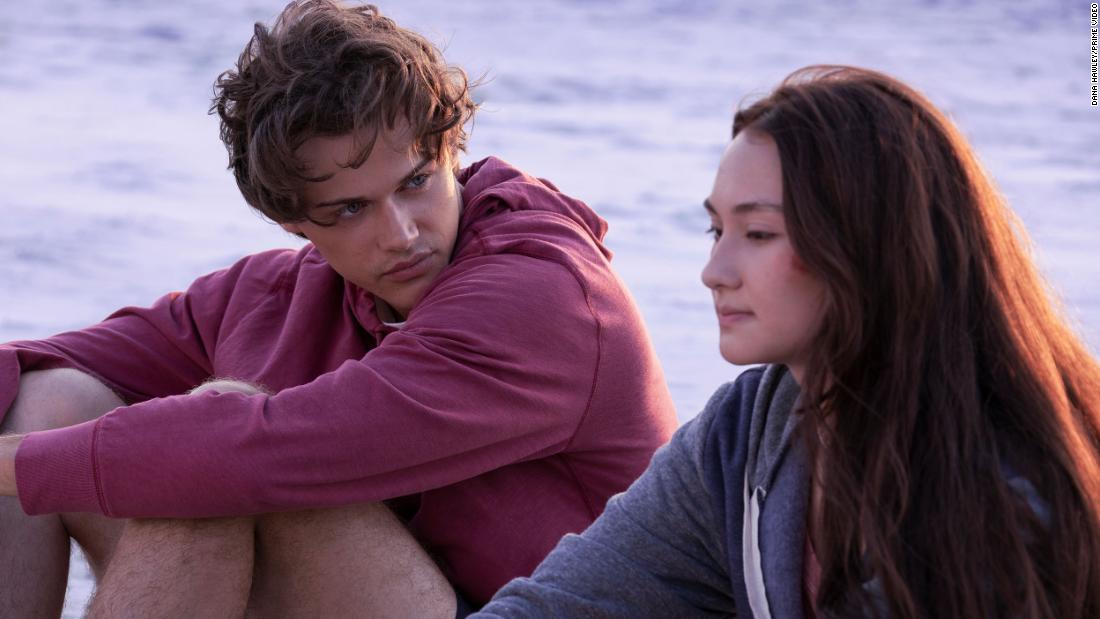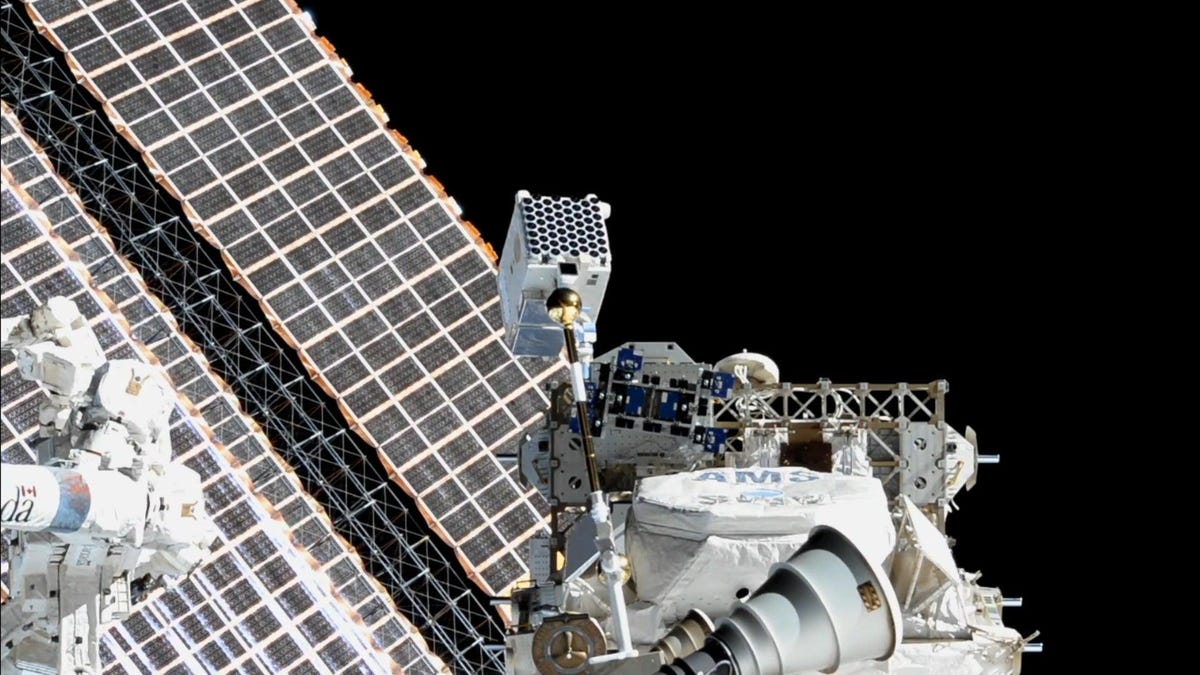Gone are the pseudo-intellectual arguments that romance
fails to capture the complexities of the human experience as well as the
stigma and shame that often discourages people from reading romance in
public. In their place is a refreshing wave of enthusiasm to consume these love stories that speak to a generation that has been robbed of formative romantic experiences thanks to Covid-19.
Many Gen Zers have since resigned themselves to living vicariously through the characters of their choosing and fixating on shows like “The Summer I Turned Pretty” with plotlines that offer a fantasy revision of contemporary teenage romance untainted by the logistical woes of a global pandemic.
For most people, including me, these past few years have been challenging. Disheartened by death and despair, unsettled by uncertainty, people are flocking to what brings them the most
comfort or joy during what can seem like a never ending pandemic. For some of us, that means getting away from the hustle and bustle of everyday life in densely populated cities and spending time in
nature. For others, like me, that means binge-watching our
new favorite TV show, regardless of whether we’re the
target audience, and counting our blessings that service providers exist to satisfy our urge to
marathon multiple hours of the same show.
Much of my summer has been spent compulsively keeping up with the romantic travails of 15-year-old
Belly Conklin as she comes of age against the backdrop of the fictionally alluring Cousins Beach in season one of “The Summer I Turned Pretty.” Having read
the book on which the show was based over a decade ago when it was first published, the seven-episode season, released mid-June, has been an unexpected balm at a time when it’s been hard to articulate what I hope awaits me on the other side of this pandemic.
But perhaps more impressive and telling than its rapidly growing
viewership is the show’s digital footprint. The romantic drama has garnered massive social media attention, with the hashtag
#TheSummerITurnedPretty accumulating over 3.6 billion views on TikTok. Over its premiere weekend, the show generated more than 107,000 global posts and 725 million potential impressions (or views of a post) across platforms, according to social analytics agency
DMS.
Jenny Han, in an interview with Time Magazine,
said she’s hopeful that “adults can watch it and remember what it was like falling in love for the first time and having this kind of magical summer, and that young people today can watch it and feel seen in some way.”
Appealing to
multi-generational audiences with the help of yet another love-triangle trope — this time with Belly at the apex and
brothers Conrad and Jeremiah Fisher on either end — is one way to tap into people’s longing for when the trials and tribulations of love — not fear or anger at the world around them — was the emotion at the forefront of their minds. And contrary to the naysayers who have dubbed it
cliché, I believe it worked.
Even though these shows seem as though they cater to younger generations that are more likely to relate to the issues and milestones of the characters in the moment, “The Summer I Turned Pretty” is striking a chord with older audiences as well.
And why wouldn’t it?
Belly Conklin is not perfect, neither are her love interests. These characters are flawed individually and as couples. Belly is sometimes brave, but not always. She is sometimes selfish but seems to recognize this. She is incredibly self-aware and stands up for herself and her desires, even when it’s not always easy.
And it is likely that given her
relatability and authenticity, most viewers found themselves rooting for her.
As is the case with most romantic plotlines, you can’t help but place yourself in the main character’s shoes as the series progresses, hoping she falls in love — with the love interest of your choosing — the way many of us do when we’re young and we feel as if we have nothing and everything to lose.
In more ways than one, literary and on-screen depictions of romance — young adult romance especially — brought joy to many people these past few years. During a time when
public health concerns slowed down possibilities of finding love in real life, romance books, shows and movies created a safe space for people when nothing else made sense. And this safe space was precisely what grounded many folks as real life grew harder.
With so many unknowns looming — Should we expect another Covid
surge this fall? Will life ever fully return to normal? — romance is digging deep and drawing viewers out of the darkness, if only to remind us that happily ever afters are, in fact,
guaranteed in some worlds.







